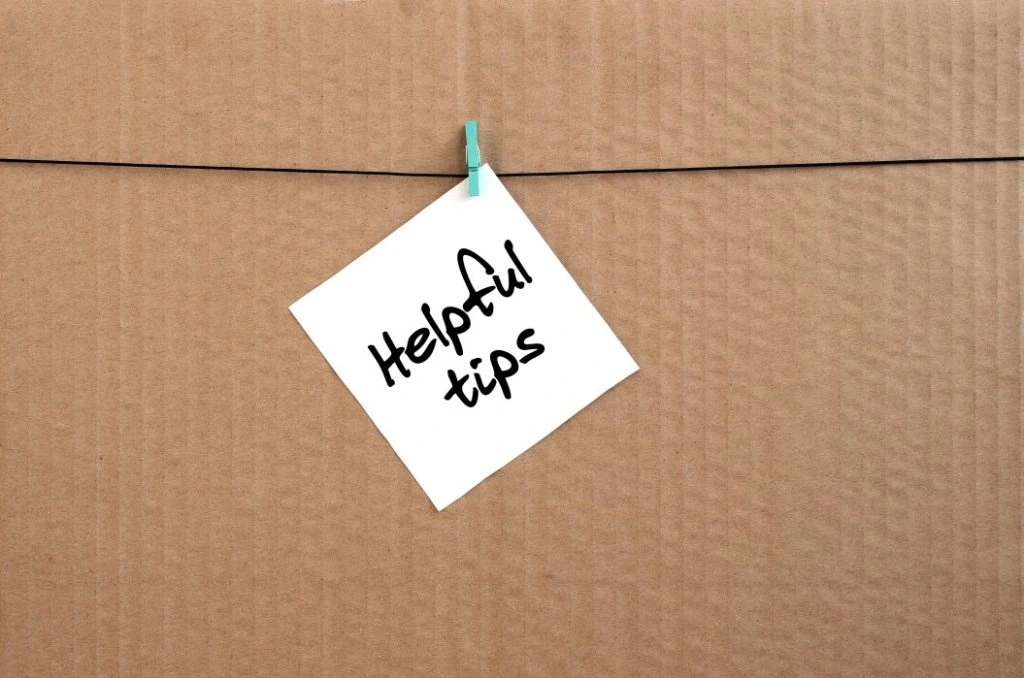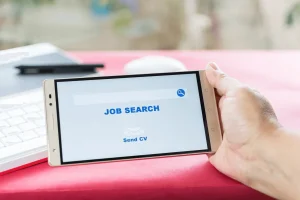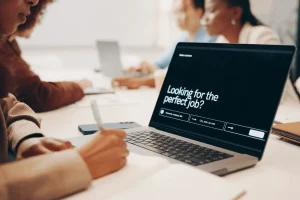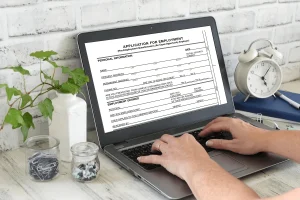Good job on a successful job interview! It’s finally over—you can now breathe a sigh of relief after what felt like years of preparing for it. But what happens next? It’s been over a week and you haven’t heard from the company, even after sending your thank-you letter and first follow-up email. Should you just keep waiting for the company’s phone call? Generally, what you do after the interview is as important as what you do during it. You might either earn or lose the job offer. In this case, you should send a second follow-up email.
First Follow-Up Email vs. Second Follow-Up Email
After an interview, whether a phone interview or a final-stage interview, it’s nerve-wracking to wait for the result. The question is, what do I do while waiting? Well, after an interview, you could send your interviewer a short thank-you letter. Then, give their decision-making process the time it needs. We should remember that most recruitment isn’t a one-day process. Thus, waiting is part of the game. Here’s where follow-up emails became handy.
First follow-up email is a letter sent to employers after five working days from the date of interview. Usually done to ask for status updates, it’s the best way to reiterate your intent in working for their company. You can also use this as an opportunity to subtly remind them about your pending application. It’s better to ask for an update than wait in vain.
Writing a second follow-up email, on the other hand, is the next step if you still haven’t received any replies for over a week from the date you sent your first follow-up letter. Doing so can also give you an idea if it’s better to wait or move on to other job offers. Staying in touch with the recruiters or hiring managers is helpful, especially when you really want the job you’re applying for.
Further, it’s another opportunity for you to express your interest to the job posting, include additional information about you, and stress how your skills make you the best compared to other job seekers. Not only that, writing a follow-up email gives hiring managers the hint that you’re really interested and committed to taking on the job. It also leaves an impression that you’re grateful and excited for the position. Thus, when you were given a word that they’ll give you a call, feel free to contact them through email and ask for updates.
When Should You Send a Second Follow-Up Email after an Interview?
You can send your first follow-up email after five business days from the date you were interviewed. However, if they gave you an expected date for feedback yet you haven’t received any, you could follow up after one business day from the expected date. This is to give them ample time to go with their hiring process and for you to avoid sounding frantic. Remember, you’re sending a follow-up email to hear an update and not to pressure them to hire you.
However, if you still haven’t received a response after a week from the date you sent your first email, you can proceed with sending your second follow-up email. Still, make sure not to sound pushy. Employers are after passionate and committed applicants, not desperate ones. So sending it too early is most likely a bad idea. Instead of writing a follow-up email right after the interview, it’s better to send a thank-you email.
Tips in Writing an Effective Second Follow-Up Email

When you compose an email, you need to include parts of a formal email however short and direct, and use the follow-up email format. Plus, make sure that your subject line is striking enough to interest recruiters. Another thing—don’t forget to write the job title you’re applying for and the date you were interviewed to avoid confusion.
Aside from that, here are some more tips on how to write a follow-up email that is guaranteed a response.
Reiterate your interest for the job.
After patiently waiting for more than a week, be sure to tell them that you’ve been thinking about the position. Let them know that you’re still excited and enthusiastic about getting the job. However, make sure that you don’t sound arrogant. Write your follow-up in a very polite manner.
🔍 Think Your Resume’s Fine? Let’s Double-Check That
Even strong resumes can miss critical details—especially when it comes to passing Applicant Tracking Systems (ATS). Our specialists offer a free review to uncover gaps, improve formatting, and ensure your resume is ATS-ready and recruiter-friendly.
Tell them why you’re a good fit for the post.
In your second follow-up email, it’s a given that you explain why you would be an asset to the company and a perfect fit for the job. After all, there’s no harm in reminding your interviewer the types of skills you can bring to the table and how you can bring a positive impact. It won’t be a new information, but it’s worth emphasizing.
Show off an accomplishment (if applicable)
This isn’t always possible, but in certain situations such as when you forgot to mention qualifications related to the job during the interview or you may have a recent accomplishment happened in between the interview and the waiting period. For example, if you’ve worked in PR and made significant impact to your company’s success, you can tell the story behind it and how you did it. Similarly, you can mention a time such as when you organized an event that went off without a hitch. These stories will add to your credibility and will increase your chances of getting hired.
Ask about the next steps.
The most important part of a second follow-up email is to find out the next thing you should do. While reaching out, you cannot speed up the process. The goal is to get information so you are in the loop. Great recruiters will be transparent with you about the process and timeline. They will also let you know if they need additional information from you.
Know when it’s time to quit and not “stalk.”
Things get busy and this doesn’t always happen. But if you’ve made follow-ups a few times over the course of a month or two and have since heard nothing, it’s time to back off. Try not to get disheartened–it is part of the reality with job searches. Take your energy and experience and bring them to the next company you’re excited about. Don’t let it stop your job search.
Are you ready to send your second follow-up email?
Trying to land a job isn’t a piece of cake. There are a lot of things to do and consider. The preparation could be tiresome and getting an interview invite isn’t the end goal. It’s just a stepping stone to secure a job. Thus, knowing what to do after an interview is an advantage. However, all job opportunities start with a winning resume. If you’re not confident in acing this first step, there are email templates and resume samples online that could serve as your guide. But if you want to increase your chance of getting hired, let professionals write your profile.
Here at Resume Professional Writers, not only do we have a wide collection of articles to help you advance your career; we also offer resume writing services to help you jump-start your professional goal. Let’s get started today!









